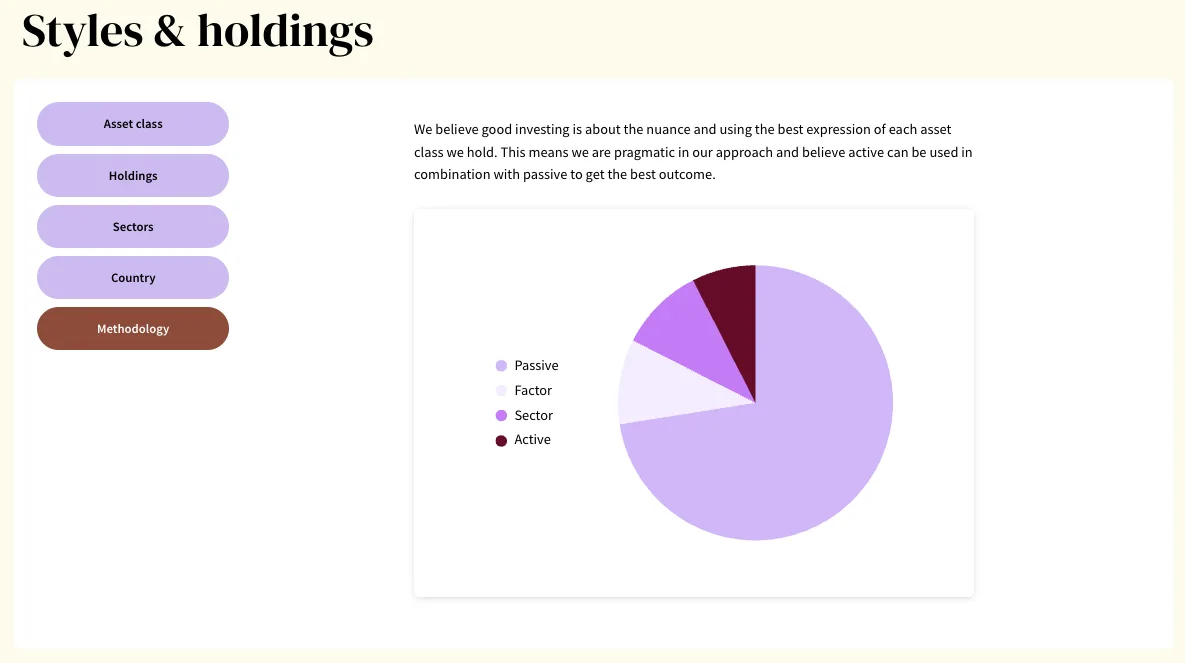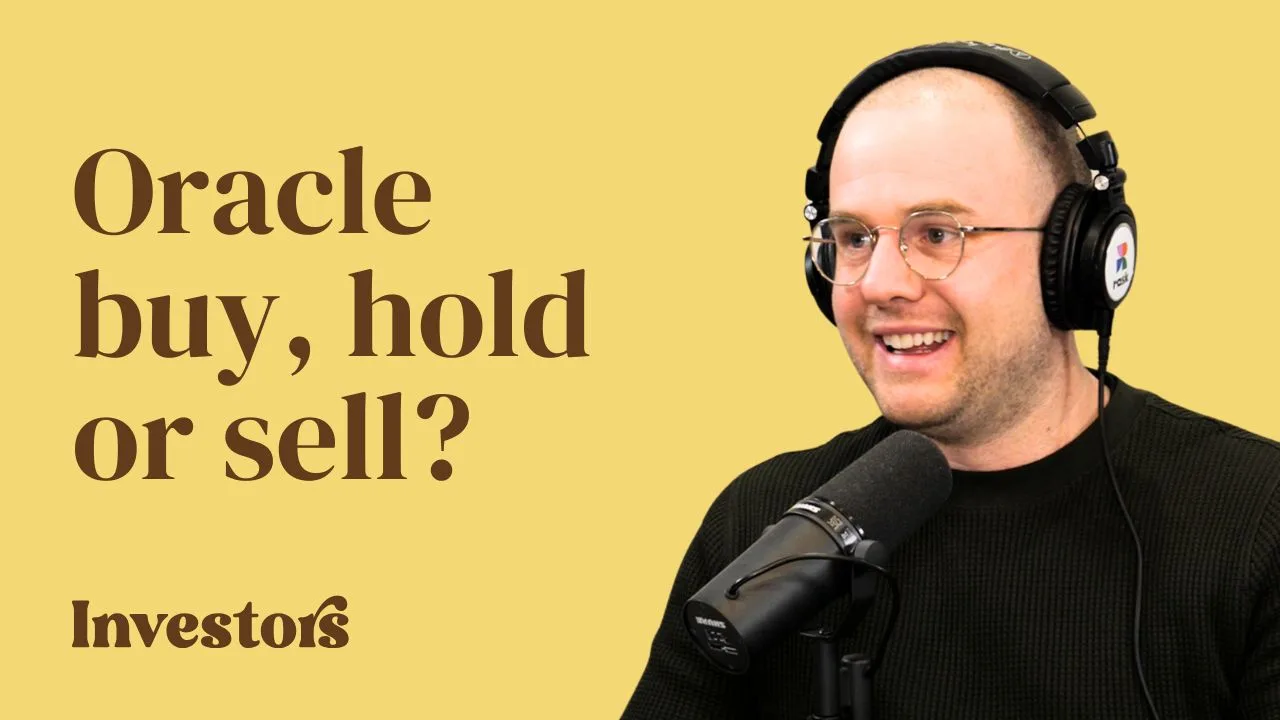Growing up if I wanted to learn something I was limited to a single textbook & a single teacher. If I wanted a mentor I had to find someone accomplished in that field living nearby. Today, through just a single quality podcast I can have a new teacher each week covering a broad range of topics within a specific field.
Why is this so important? I think Charlie Munger said it best:
“I believe in the discipline of mastering the best that other people have ever figured out. I don’t believe in just sitting down and trying to dream it all up yourself. Nobody’s that smart…”
Listening to the Australian Investors Podcast, I get to learn from some of the best and brightest in the industry.
With each episode, I have the opportunity to learn from the mistakes of investors at the top of their field. By gaining insight into why your mentors have failed you can minimise your own failures. Instead of experiencing the pains of loss after loss required of any new endeavour I can learn from those who have failed before me. Their reflections, advice and wisdom can accelerate my path to success.
Some of this advice includes starting early, sticking within my circle of competence and reading broadly. To keep an investment diary recording my investment thesis, the pros the cons & why I would sell. I have learned that despite common misperceptions I don’t have to be scared to invest in small and microcap stocks and that if I put in the work, it can be a rewarding experience.
I’ve learned there are lots of ways to make money in the market and that there is no one right way. In order to have success as an investor, I need to have the humility to admit my strengths and weaknesses and pick an investment style that suits these as well as one that suits my personality and temperament.
I’ve listened to guests stress how critical management is to a small company’s success. I now understand the importance of assessing management’s track record, integrity, passion and talent and being wary of overly confident management that overpromise and underdeliver. I appreciate the importance of keeping a flexible mind, seeking out opposing viewpoints and selling quickly when my thesis changes. The stock I’m buying is a piece of a business whose day-to-day price changes are irrelevant over the short term.
I have listened to some of the best explain their investment processes. They have stressed that in order to get above-average returns I need to think differently from the average investor; to have a variant perception. The ability to spot a catalyst or inflection point before the masses can prove to be one such way. In order to gain an edge I need to look at a company as more than just a set of numbers, I need to understand the business, the market it operates in and its intangibles.
I have learned to minimise risk by thinking in probabilities, specifically what the financials are likely to look like in the future rather than what they could look like. I have been taught that no matter what style I choose to always keep a margin of safety. I no longer freeze at the thought of buying a company when the share price is rising as a businesses’ intrinsic value and margin of safety can change as the business grows. I’ve learned that when I sell I have to make two correct decisions, one when I buy and again when I sell and that I can minimise the risk of error by decreasing portfolio turnover. The phrase “accumulate assets” has strengthened my resolve as a long-term investor.
Each week on the Australian Investors Podcast, a new mentor teaches us how to be better investors. All we have to do is listen.
“Obviously, the more hard lessons you can learn vicariously, instead of from your own terrible experiences, the better off you will be.” – Charlie Munger











